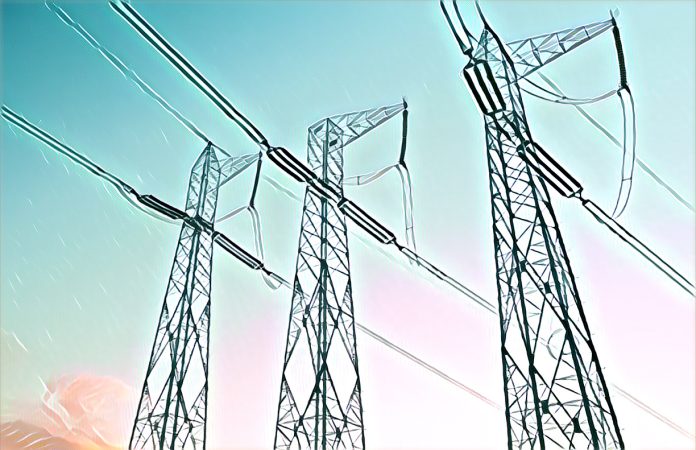Six years after a substantial $105 million intervention aimed at electrifying public universities and tertiary hospitals nationwide, numerous beneficiaries earmarked in the first phase of the initiative remain without power supply. The project, which promised to revolutionize power access in educational institutions, now stands as a symbol of unfulfilled commitments and wasted potential.
The initiative, known as the Energising Education Programme (EEP), was launched by the Federal Government to provide sustainable and clean power supply to public universities and seven teaching hospitals across Nigeria. Its ambitious first phase was supposed to deliver 28.5MW of power, using solar hybrid and gas-fired captive power plants, to nine federal universities and one teaching hospital. This ambitious plan was not just about lighting up campuses but was envisioned as a catalyst for academic and research excellence, impacting the lives of 127,000 students and 28,000 staff in universities, along with 4,700 staff in teaching hospitals.
However, a recent assessment by The Guardian reveals a starkly different reality. While the EEP is fully operational at institutions like the University of Agriculture, Makurdi (UAM), Alex Ekwueme Federal University, Ndufu-Alike Ikwo (AE-FUNAI), and Usmanu Danfodiyo University, Sokoto (UDUS), progress is notably lacking in other universities.
For instance, the University of Lagos (UNILAG) and Obafemi Awolowo University (OAU) are yet to see the commencement of the project. At UNILAG, a swampy project site acquired in 2017 remains untouched, and at OAU, materials meant for the project lie abandoned, with the contractor reportedly having left the site. The stalled projects have left these institutions grappling with the high cost of electricity, as they are forced to rely on expensive generators to meet their power needs.
At Bayero University, Kano (BUK), the situation is equally disheartening. The solar hybrid power plant, inaugurated in 2019, stopped functioning within a year, leaving the university to contend with the high cost of repairing the damaged converter and the burden of running on generators again.
The story is similar at the University of Agriculture, Makurdi, and Usmanu Danfodiyo University, Sokoto, where, despite the presence of EEP projects, the institutions have returned to using generators due to the inadequate functionality of the installed systems.
This state of affairs highlights the broader issue of energy poverty in Nigeria, a challenge that extends beyond tertiary institutions and impacts the entire society. The lack of a consistent electricity supply hampers not only academic pursuits but also affects the general well-being and safety of students and staff.
Despite the setbacks, some universities like AE-FUNAI and UAM offer glimmers of hope, showcasing the potential benefits of the EEP when fully realized. AE-FUNAI, for example, boasts three sources of power, including a well-functioning solar plant, which ensures an uninterrupted power supply to the university community.
The situation calls for urgent attention from the government and relevant agencies. It is imperative to reassess the implementation of the EEP, ensuring that the promised benefits are delivered to all intended recipients. This intervention is crucial not only for the educational sector but also for setting a precedent for managing large-scale infrastructure projects in Nigeria.
As we look towards the future, it is essential to recognize the importance of a reliable power supply in educational institutions. It’s not just about keeping the lights on; it’s about empowering the next generation of leaders, thinkers, and innovators. The EEP’s struggles serve as a stark reminder of the challenges ahead but also of the potential rewards should we get it right.



